
Tag Archives Dairy
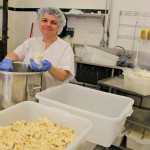
Winnipegger introducing a new ‘old’ cheese to the market
Dairy Fairy cheese maker Galina Beilis has eaten this fresh cheese since she was a child. Now she’s making a business producing and selling it

The TPP attacks democracy and supply management
Increasing imports of U.S. milk would be blended with Canadian product
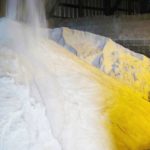
Louis Dreyfus ring-fences some units, considers options
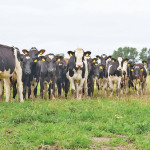
Social licence requires animal welfare
Don’t expect cows to be sleeping at the foot of the bed any time soon, but farm animals are being extended new welfare consideration

Government expropriation of dairy ‘assets’ requires compensation
A resolution to pass on personal compensation in favour of market development was defeated

VIDEO: Dairy producers separate curds from whey at annual meeting
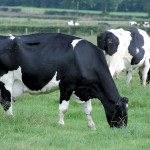
Federal government reviews TPP compensation to dairy sector
Will the new government follow through on Conservative promises to toughen border controls on milk substitutes and ban imports of milk from cows treated with the rBST?

VIDEO: Diverse lessons from New Zealand farms
Manitoba Co-operator reporter Shannon VanRaes wraps up her visit to New Zealand at the International Federation of Agricultural Journalists
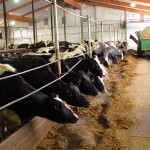
Editorial: Positioning to thrive

VIDEO: Low milk prices means caution when investing in new dairy technology
Expensive improvements could make it hard for New Zealand's dairy producers to stay competitive


